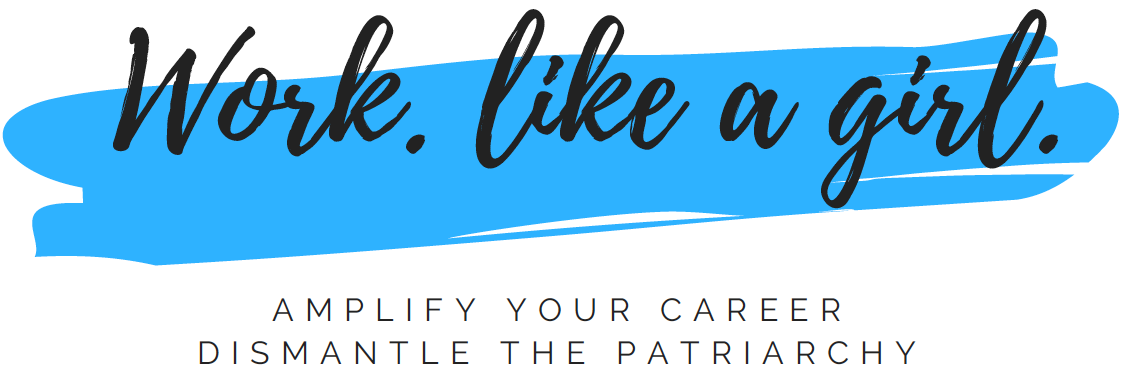It’s easy to do. God knows I’ve done it. This winter it was done unto me.
In December, I miscarried twins about a week before moving into my second trimester. The second trimester marks the beginning of a “safe zone,” a stage where miscarriage is unlikely, and statistically speaking, you’re going to have a healthy child. In my case, two healthy children.
My pregnancy came as an unexpected surprise, one that was met with great joy after the initial shock wore off. The loss was met with pain and fear, and grief, not to mention loneliness. It’s rare to discuss the impact of miscarriage in our society, as traditionally it’s been viewed as a private matter: a matter that may carry stigma and shame, depending on your upbringing. For me, it brought up the fear of my inner 7th grader. The fear of being excluded, and left behind. Most of the women I’m closest to are now mothers, and I longed to join their tribe and speak their insider language. Not to mention my desire to become a mother myself.
In the midst of pain, and grief, and loss, it’s natural to project what we’ve experienced, or to want to disconnect because another person’s emotions are so overwhelming. Let me be clear on this: I’ve done it. I’m guilty. And I write not from a place of judgment, but from a space of clarity in the hopes that we can rise up for our sisters in the future. From a loving space, this is what I know:
1. Someone else’s pain is not about you. It’s natural to go into our own emotional closet and dust off a similar pain in order to connect. But someone else’s sudden loss is not about you. As a loved one, our job is hold space and allow the grieving party to process her emotions. The truth is that someone else’s loss may bring up some pain of our own. We need to notice and deal with that pain. But doing so in this moment is projection, and it won’t help the other person’s process. As a loved one, our job is hold space and allow them to process their emotions. Know your job, and in the words of Bill Belichick, Do your job.
2. You don’t get to decide what someone else feels or what she can handle. Being excluded from birthday parties, showers, and social events does not help the other person grieve. In fact, it may make them feel excluded. Not receiving an invitation to a close friend’s baby shower was not a relief, but rather it made me feel like I was being punished for something I could not control.
Statements such as “I can imagine this is hard” are a projection. Because you can’t imagine. Grief is unique and fluid. I can’t imagine what I’ll feel next, so I know you can’t. And I don’t expect you to. But you could ask, “How are you?” or “What do you need?” Open ended questions followed by active listening allow others to process. I realize that it’s hard to hold space for another person’s raw emotions. But if you love them, I would encourage you to do it anyway.
3. You don’t know what’s best. Even if you are an expert in loss and grief, what helped you is not necessarily what the other person needs. Accept this. Rather than projecting a laundry list of things to regulate their new normal, ask, “What would help?” And again, actively listen.
We’re well equipped at pushing away the difficult. But what might happen if we stayed, and swam in the tepid grief? How might we grow? What might we learn? And what new beginning, connections, and confirmation might we create?


